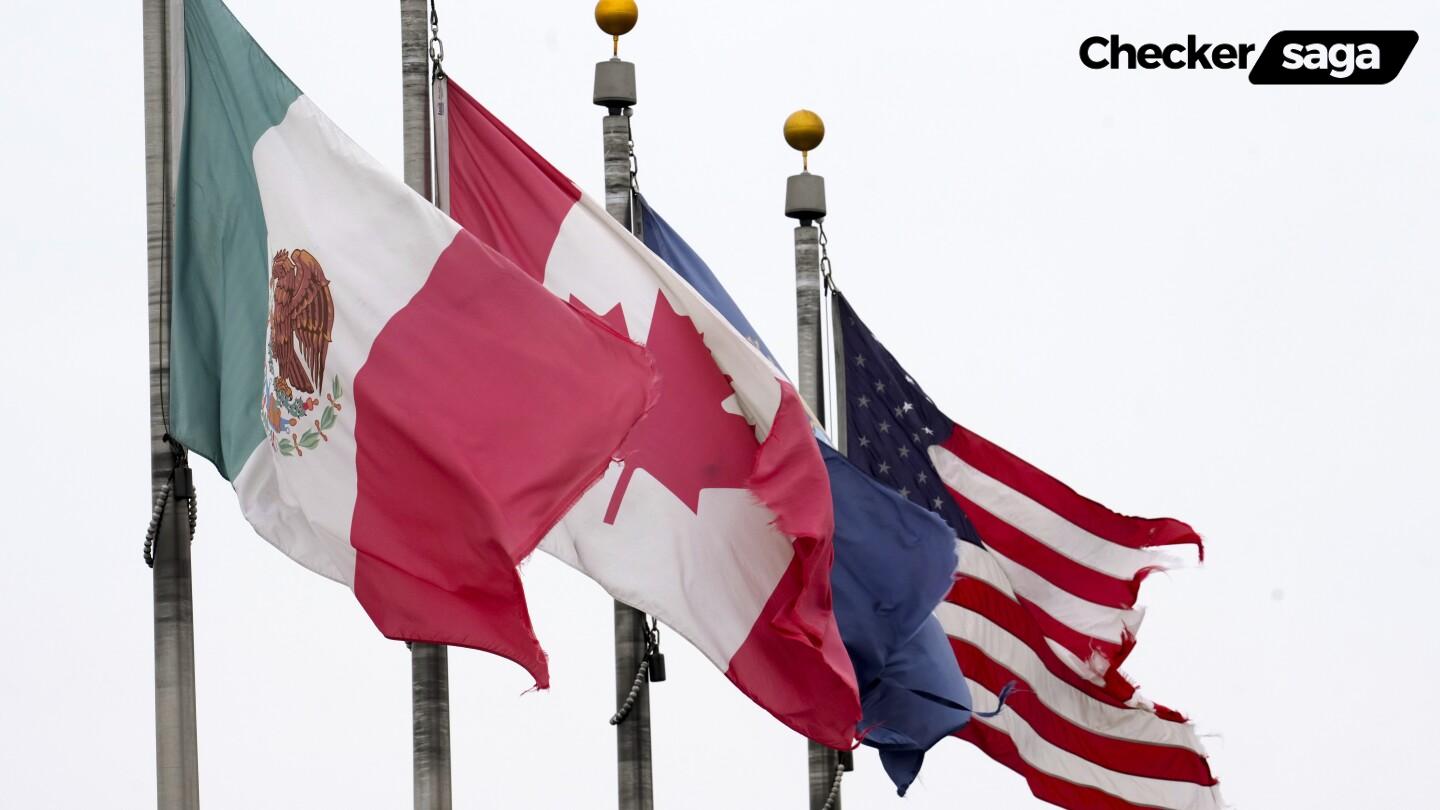In a significant development, President Donald Trump and Mexico’s President Claudia Sheinbaum have come to a temporary agreement, putting a pause on plans for new tariffs against Mexico. This decision brings a moment of relief amid rising concerns over trade tensions and economic pressures in North America. The agreement, which postpones the implementation of a 25% tariff on Mexican goods for 30 days, is seen as a crucial step towards addressing the ongoing issues surrounding drug trafficking and border security.
Understanding the Tariff Pause
On Monday, President Trump announced the pause on tariffs via social media, expressing the need for both countries to finalize an economic deal. This decision follows several days of worrying about a potential trade war with neighboring Canada and Mexico. During a friendly phone conversation with President Sheinbaum, they discussed strategies to combat drug smuggling and secure the northern border of Mexico. This collaborative effort marks a pivotal moment in U.S.-Mexico relations.
New Measures to Tackle Drug Trafficking
To support this agreement, Mexico has committed to deploying 10,000 National Guard troops to its northern border to address drug trafficking concerns. This move aims to show progress within the agreed 30-day timeframe. Canada is also making efforts to bolster its border security by naming a fentanyl czar and designating Mexican drug cartels as terrorist organizations.
Concerns Over Future Tariff Threats
While the pause on tariffs offers temporary relief, uncertainties linger. The sidelined 25% tariffs were supposed to go into effect as early as last Monday, and if no agreement is reached by the end of this grace period, their implementation could become a reality. Trump’s administration has a history of aggressive negotiation tactics, leaving many unsure about what the future holds for trade policies.
Reactions from Both Countries
Canadian Prime Minister Justin Trudeau has also welcomed this delay, citing essential collaborative efforts in tackling issues of drug trafficking and organized crime. Economists, however, warn that these tariffs could trigger a broader economic conflict if retaliatory measures are taken by Mexico or Canada. The situation represents a fine balancing act between addressing real security threats and avoiding an adverse economic fallout for millions on both sides of the border.
A Moment for Reflection
This pause also illustrates the volatility of Trump’s trade policies and how they can ripple through the economy, affecting businesses and consumers alike. Many American companies have been preparing for the possibility of new tariffs, with some even stockpiling goods or seeking alternative suppliers to mitigate any potential risks. Industry leaders are closely monitoring these developments and hoping for a stable trading environment moving forward.
Importance of Ongoing Negotiations
The upcoming days and weeks are critical for both nations. It will be essential for Mexico to demonstrate concrete advances in tackling drug trafficking and illegal immigration if they hope to secure a lasting peace in trade relations. The vocal support from leaders like Sheinbaum shows a commitment to building a productive dialogue that focuses on mutual benefits for both countries.
























